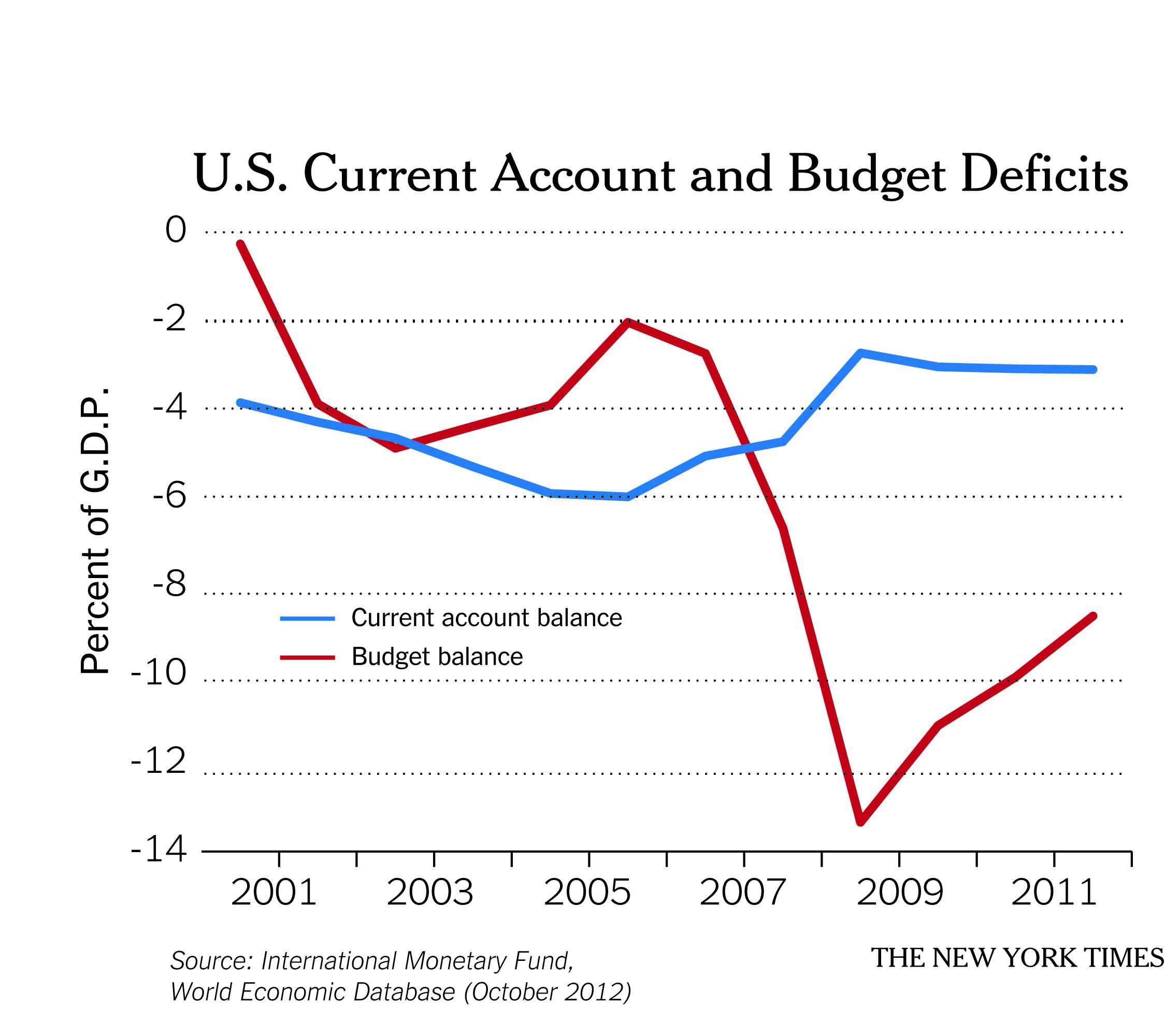Did you know that Truthout is a nonprofit and independently funded by readers like you? If you value what we do, please support our work with a donation.
The economist Brad DeLong recently took on Professor Nick Rowe, of Carlton University, over the bizarrely confused issue of intergenerational debt; in a moment I’ll try to offer a new way of explaining why the conventional presentation is all wrong.
“In Nick Rowe’s world the next generation’s taxpayers are taxed to pay off the debt — and so they are losers,” Mr. DeLong wrote in a blog post on Oct. 12. “And in Nick Rowe’s world the next generation’s debt-holders are not gainers.”
First, let me suggest that phrasing in terms of “future generations” can easily become a trap. It’s quite possible that debt can raise the consumption of one generation and reduce the consumption of the next generation during the period when members of both generations are still alive. Suppose that after the 2016 election President Santorum tries to buy senior support by giving every American over 65 a gift of newly printed government bonds; then the over-65 generation will be made richer, and everyone under 65 will be made poorer (duh).
But that’s not what people mean when they speak about the burden of the debt on future generations; what they mean is that the United States as a whole will be poorer, just as a family that runs up debt is poorer thereafter. Does this make any sense?
Well, let’s do a thought experiment that doesn’t, at least initially, seem to have anything to do with debt. Suppose that instead of gifting seniors with bonds, President Santorum passes a constitutional amendment requiring that from now on, each American whose name begins with the letters A through K will receive $5,000 a year from the federal government, with the money to be raised through extra taxes. Does this make America as a whole poorer?
The obvious answer is no, at least not in any direct sense. We’re just making a transfer from one group (the L through Z’s) to another; total income isn’t changed. Now, you could argue that there are indirect costs because raising taxes distorts incentives. But that’s a very different story.
O.K., you can see what’s coming: a debt inherited from the past is, in effect, simply a rule requiring that one group of people — the people who didn’t inherit bonds from their parents — make a transfer to another group, the people who did. It has distributional effects, but it does not in any direct sense make the country poorer.
Really, this isn’t complicated — and the fact that everyone in public life gets it wrong doesn’t change the logic.
Foreigners and the Burden of Debt
Another thought experiment: suppose that for some reason the Chinese and a bunch of domestic investors do an asset swap. The Chinese sell off $500 billion of United States Treasuries and buy an equal amount of, say, corporate bonds, while the domestic investors do the reverse. Has the United States become any richer (or any poorer)? Obviously not — as a nation we still owe the same amount to the rest of the world. What this tells us is that when we’re trying to assess the burden or lack thereof of debt, foreign ownership of government debt doesn’t really matter. What does matter is our net international investment position: the value of the overseas assets owned by all domestic residents minus the value of all domestic assets owned by foreign investors. Now, this ties right in with what Mr. DeLong wrote about the burden of the debt: we’d all agree that deficits make us poorer if they crowd out investment spending — which they would if the economy were near full employment, but won’t if it’s deeply depressed. All we have to do is realize that net foreign investment — purchases minus sales of assets from and to foreigners — is also a form of investment. Or to put it a bit more simply: sure, budget deficits can make us poorer as a nation if they lead to bigger trade deficits.
 (Chart: The New York Times Syndicate)
(Chart: The New York Times Syndicate)
So far, nothing like this has happened. Look at the chart on this page showing the United States’ budget deficit (all levels of government) and the current account deficit, both as a percentage of gross domestic product. Borrowing from abroad is way down, not up, in recent years.
Still, you could argue that a bigger budget deficit would, other things being equal, lead to a bigger trade deficit because it would expand the economy and lead to higher imports. In this very limited sense you could tell a burden of deficits story. But surely it’s not what debt alarmists have in mind.
The bottom line is that while foreign ownership of American assets — not just government debt — is a complication, the common claim that deficits mean that we’re selling our birthright to the Chinese makes no sense at all.
Speaking against the authoritarian crackdown
In the midst of a nationwide attack on civil liberties, Truthout urgently needs your help.
Journalism is a critical tool in the fight against Trump and his extremist agenda. The right wing knows this — that’s why they’ve taken over many legacy media publications.
But we won’t let truth be replaced by propaganda. As the Trump administration works to silence dissent, please support nonprofit independent journalism. Truthout is almost entirely funded by individual giving, so a one-time or monthly donation goes a long way. Click below to sustain our work.
